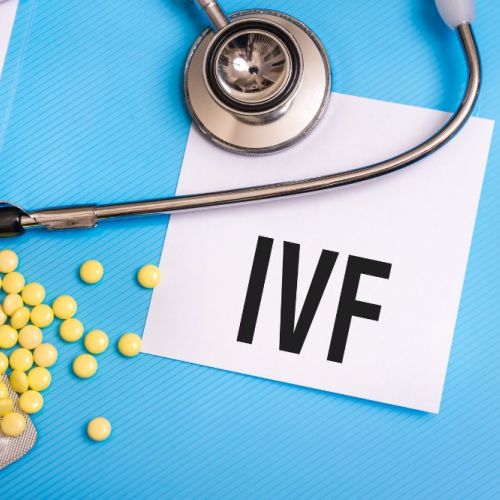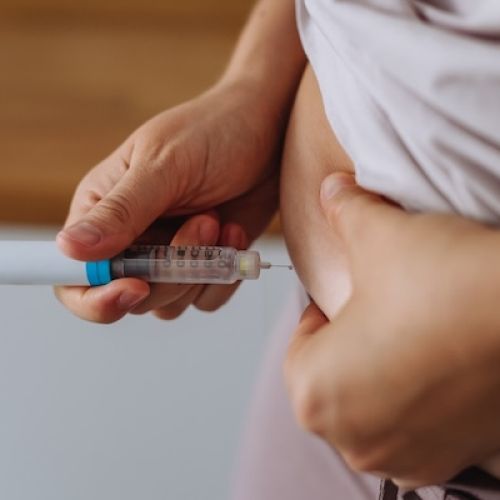Why Obesity Leads to Reproductive Health Issues

Good overall health, which includes maintaining a healthy weight, is an important factor in reproductive health. When you’re overweight or obese, it can affect reproductive health including your ability to conceive or to carry a pregnancy to term. Obesity refers to having a body mass index (BMI) of over 30. It’s a common problem during the reproductive years in both men and women, and there are several reasons why obesity leads to reproductive health issues.
The experts at the Center for Reproductive Health strive to help people understand the positive impact that making good lifestyle choices can have. Our team provides expert guidance to help people make small changes that can lead to better reproductive health.
Obesity in Women
Fertility problems are common in women who struggle with obesity. Reproductive function may be impaired because of excess body fat, which can lead to reduced pregnancy rates and an increased risk of miscarriage. Obesity can cause insulin resistance or polycystic ovary system, both of which can cause failure to produce an egg from an ovary each month, which is known as anovulation. Women who have anovulation often struggle with infertility.
In obese women who produce eggs, the quality of eggs produced may be reduced. In those who use IVF in an effort to conceive, chances of a live birth are lower than in women who are at a normal BMI. The rates of miscarriage are higher in women who are obese, possibly because of altered hormone levels that help to sustain pregnancy. Obesity can also lead to pregnancy complications such as preeclampsia and gestational diabetes.
Obesity in Men
Women aren’t the only ones whose reproductive health can be affected by being overweight or obese. Men who are obese may have erectile dysfunction or hormone imbalances. They may experience low testosterone levels and reduced sperm count, and some men’s semen may have no sperm at all. Sperm that’s produced may have poor motility, which means there’s a problem with the sperm’s ability to swim.
Testosterone is needed for the production of healthy, mature sperm. Low testosterone levels can affect sex drive and sperm production. In couples in which one or both partners are obese, assisted reproductive options such as IVF are often less successful than in couples who are at a healthy weight.
Improving Your Reproductive Health
The good news is that making lifestyle changes such as regular exercise and a healthy diet can reduce overall body fat. Losing 5-10% of your body weight can help lead to better menstrual cycle regularity and an improved chance of getting pregnant. Another thing to work on is controlling stress levels, since stress can lead to binging on junk food.
There are many factors that can contribute to infertility, and not all of them are within your control. Reaching a healthy weight can improve your overall health and can often be a good first step toward improved reproductive health. Reach out to the experts at the Center for Reproductive Health for more tips on improving your reproductive health.




